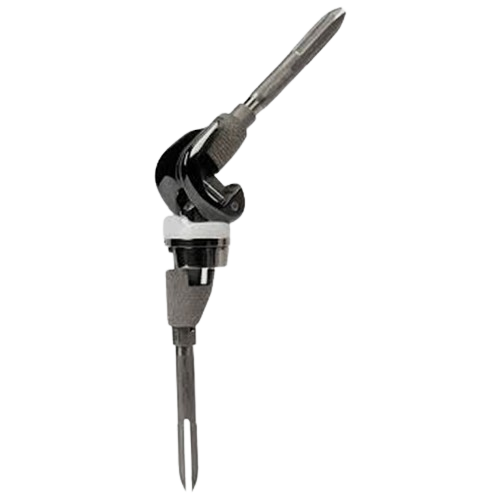Total Knee Replacement
Total Knee Replacement
Millions of people suffer from degenerative knee arthritis resulting in knee pain and stiffness. Total Knee Replacement, also known as Total Knee Arthroplasty, is a surgical procedure performed to replace the worn-out or damaged surfaces of the knee joint with artificial parts, or prostheses. This surgery is typically recommended for patients with severe knee pain or functional limitations due to arthritis (osteoarthritis, rheumatoid arthritis, etc.), trauma, or other rare destructive diseases of the joint. The goal of total knee replacement surgery is to relieve pain, restore function, and improve quality of life.


Am I a candidate for a total knee replacement?
You may be a candidate for total knee replacement surgery if you have osteoarthritis or joint damage that has not adequately responded to more conservative methods of treatment, such as physical therapy or injections. Although knee replacements are considered safe and highly effective, results still vary from patient to patient. It is important to discuss your options with your orthopedic surgeon to determine if total knee replacement is right for you.
How long is the surgery?
Approximately 1-2 hours
What should I expect from surgery?
- Anesthesia: You’ll receive either general anesthesia (you’re asleep) or spinal/epidural anesthesia (numb below the waist).
- The Procedure: The surgeon will make an incision in the knee, remove the damaged bone and cartilage, and then replace these with metal and plastic components to recreate the joint surface.
What should I expect from surgery?
The surgery is typically an outpatient procedure, where you go home the same day, or an observation stay for 1 night and go home the next day.
- Physical Therapy: Starts immediately and is crucial for recovery. It helps improve knee strength, flexibility, and function.
- Home Care: You may need help at home for several weeks for tasks such as cooking, bathing, and running errands.
